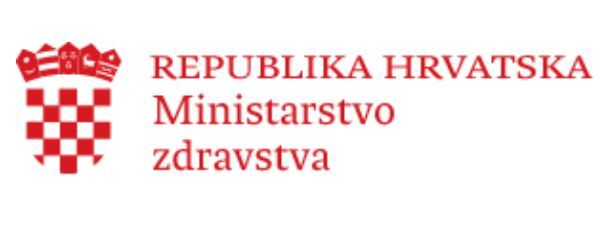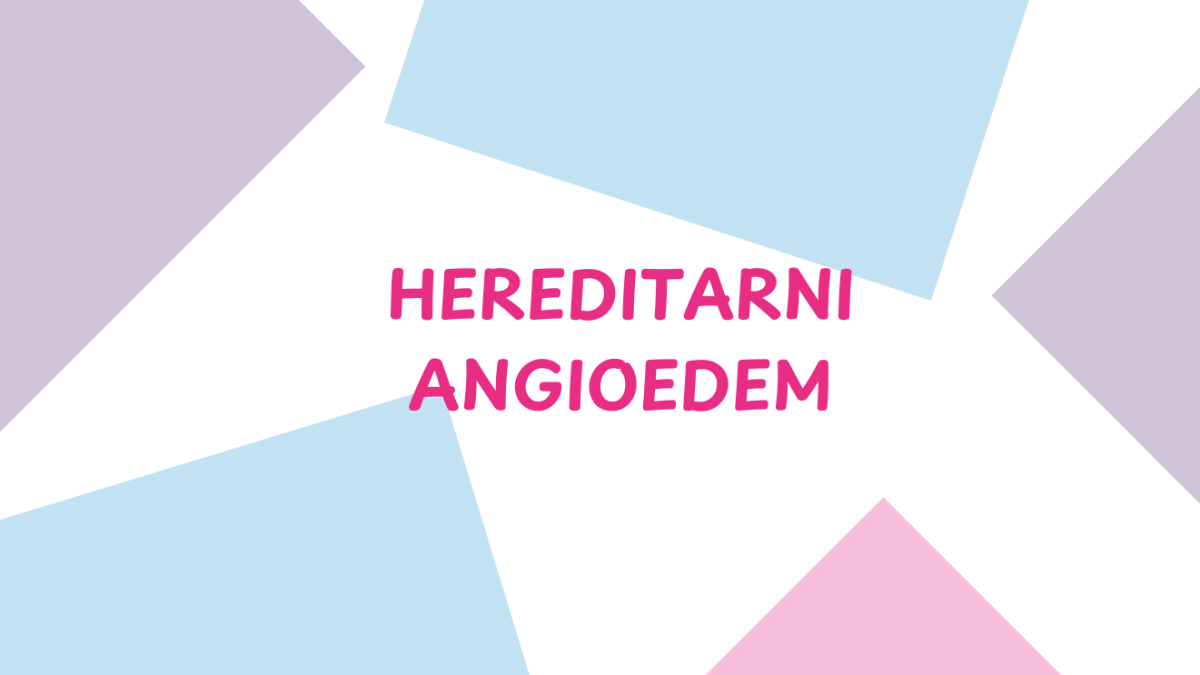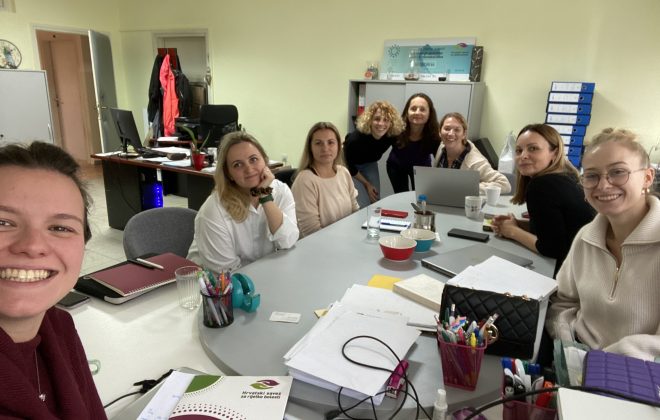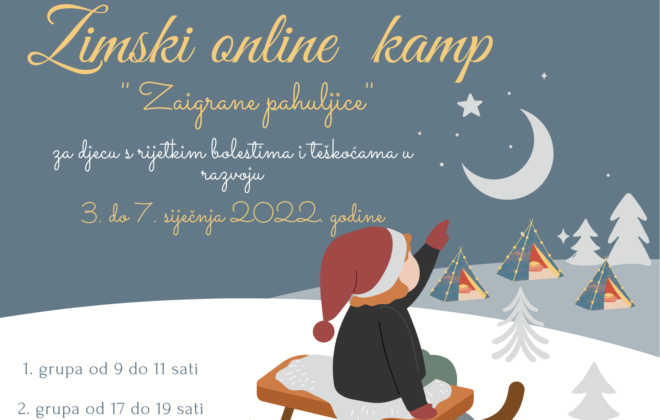World Hereditary Angioedema Awareness Day

World Hereditary Angioedema Awareness Day (HAE Day) is observed on May 16th with the goal of raising awareness about this rare, inherited disease. The aim is to encourage timely diagnosis, improved treatment, and greater support for those affected.
Hereditary angioedema (HAE) is a rare genetic disorder that causes recurrent episodes of swelling (angioedema) in various parts of the body, including the face, hands, feet, and gastrointestinal tract. It is typically inherited in an autosomal dominant pattern.
The condition results from a deficiency or dysfunction of the C1 inhibitor (C1-INH) protein. Most cases are caused by mutations in the SERPING1 gene, leading to either type I HAE (C1-INH deficiency) or type II HAE (C1-INH dysfunction). A third type, type III, involves normal levels of C1-INH but is associated with mutations in the F12 gene, which encodes coagulation factor XII.
Symptoms often begin in childhood or adolescence. They may include swelling of the limbs, face, throat, or abdomen. Attacks can also cause severe abdominal pain, nausea, vomiting, and diarrhea. Swelling of the airways can be life-threatening due to the risk of suffocation. Triggers for attacks may include trauma, stress, infections, or hormonal changes, but they can also occur spontaneously.
Diagnosis is confirmed through blood tests that measure the levels and function of C1-INH, as well as genetic testing. Genetic counseling is recommended for individuals with a family history of HAE.
Treatment strategies include:
- Long-term prophylaxis to prevent attacks
- Short-term prophylaxis administered before exposure to known triggers
- Acute treatment during an attack
Prophylactic therapies may include medications such as C1-INH concentrates, bradykinin receptor antagonists, or androgens. Acute attacks are treated with specific therapies such as C1-INH replacement, kallikrein inhibitors, or bradykinin receptor antagonists.
Unlike in allergic reactions, antihistamines, corticosteroids, and adrenaline are ineffective during HAE attacks.

In the Republic of Croatia, the HAE Croatia Patient Association is active. The association advocates for raising awareness of HAE, organizes educational workshops, gatherings for patients and their families, and collaborates with doctors and healthcare institutions. HAE Croatia actively cooperates with the international organization HAE International (HAEi) and is a member of this global patient network.
Contact: President of the Association – Mihaela Šogorić
e-mail: mihaela.sogoric@gmail.com
mob.: +385992153883
web: https://haecroatia.haei.org/

This content was developed with the financial support of the Ministry of Health. The content of this document is the sole responsibility of the Croatian Alliance for Rare Diseases and can under no circumstances be regarded as reflecting the views of the Ministry of Health.


